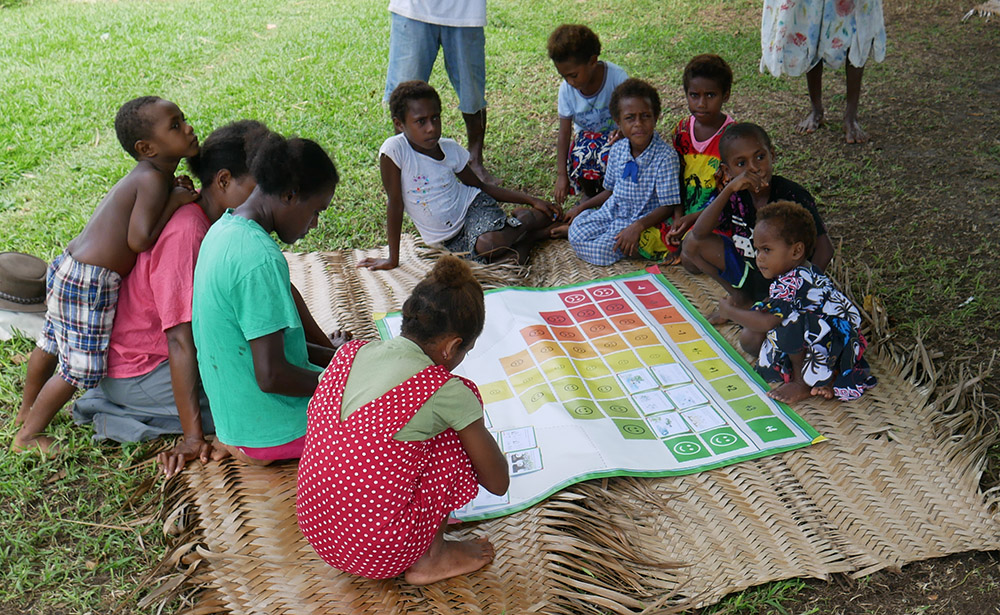
Incorporating local knowledge, especially indigenous and traditional knowledge, into ecosystem based adaptation plans will strengthen their appeal and success. Failure to incorporate local knowledge can result in maladaptation.
Ecosystem-based Adaptation (EbAEbA Ecosystem-based adaptation - an adaptation approach to climate- and environmental-change which primarily deploys ecosystems and ecosystem functions to mitigate risks from hazards.) is increasingly being advocated as a climate adaptation approach that can deliver multiple benefits to communities. EbA scholarship argues that community-based projects can strengthen those ecosystems that deliver critical services to communities and in doing so enhance community resilience. In particular, the inclusion of indigenous and traditional knowledge (ITK) into community-based EbA projects is positioned as critical to successful climate adaptation.
Yet, there is surprisingly little investigation into how ITK is being defined and incorporated into EbA initiatives. This paper critically reviews EbA literature and provides empirical examples from Vanuatu and Samoa to demonstrate the different ways ITK relates to EbA projects.
We find that there is widespread recognition that ITK is important for indigenous and local communities and can be employed successfully in EbA. However, this recognition is more aspirational than practical and is not being necessarily translated into ITK-informed or ITK-driven EbA projects.
ITK should not be conceptualized simply as a collection of local environmental information that is integrated with Western scientific knowledge. Instead, ITK is part of nested knowledge systems (information–practices–worldviews) of indigenous peoples.
This knowledge includes local natural resource management, socio-cultural governance structures, social norms, spiritual beliefs, and historical and contemporary experiences of colonial dispossession and marginalization. At present, most EbA projects focus on the provision of information to main decision-makers only; however, since ITK is held collectively, it is essential that entire communities are included in ITK EbA projects.
There is a huge potential for researchers and ITK holders to co-produce knowledge that would be best placed to drive climate adaptation in a changing world.
Publication
Nalau, J.; Becken, S.; Schliephack, J.; Parsons, M.; Brown, C.; Mackey, B. The Role of Indigenous and Traditional Knowledge in Ecosystem-Based Adaptation: A Review of the Literature and Case Studies from the Pacific Islands. Weather, Climate, and Society. 2018, 10, 851–865. https://doi.org/10.1175/WCAS-D-18-0032.1
Acknowledgments
This research was supported by a grant from a private charitable trust that wishes to remain anonymous. We also acknowledge the contribution of the communities and tourism stakeholders in Vanuatu and Samoa and experts who participated in the research and thank also three anonymous reviewers for their constructive feedback.
About the lead author:
Dr. Johanna Nalau
Climate change adaptation scientist.
Request a copy of the article
If the download article link below doesn’t work, or leads to a page that requests payment, please click the link to the author profile above and request a copy directly and they will be happy to assist. Not all reviewed journal articles are published as ‘open access’, which are free to download.
